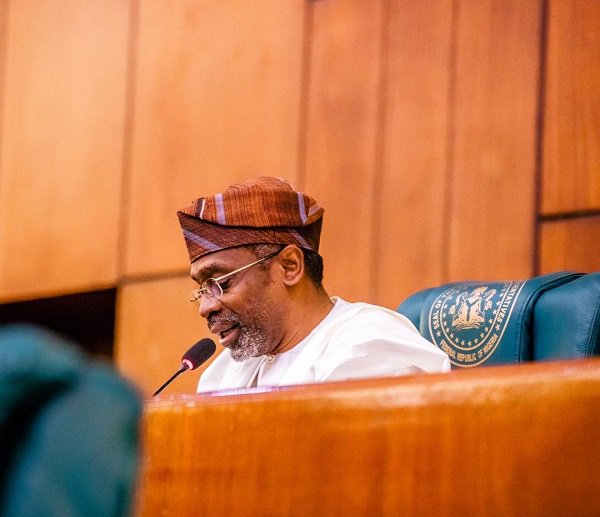A bill for an Act to provide for compulsory teaching of vocational studies in syllabuses secondary school in Nigeria and for related matters has passed second reading in the House of Representatives.
The bill, which seeks to provide students with extra skills to deal with unemployment in the country, was sponsored by Rep. Joseph Bello (APC-Kogi) at plenary on Wednesday.
The Speaker, Rep. Femi Gbajabiamila, who presided over the plenary referred the bill to the committee on Tertiary Education for further legislative action.
Moving the motion earlier, Bello said over the years, the growing rate of unemployment, especially among the youth, is alarming and worrisome.
Bello, who represents Adavi/Okehi Federal Constituency of Kogi, said that 21.7 million people in the country are unemployed.
“Data for the second quarter of 2020 from the National Bureau of Statistics, reveals that about 21.7 million Nigerians are unemployed, out of which a staggering 13.9 million of them are youths between ages of 18 and 30 years.
“Unfortunately, these statistics are predicted to grow even worse, as the frightening state of insecurity, dwindling oil prices and dire consequences of COVlD-19 pandemic, continue to take a toll on our economy.
“One of the reasons for the high rate of youth unemployment in the country is our educational system, which experts say is designed to produce graduates for white-collar jobs, rather than becoming entrepreneurs and employers of labour.
“Unfortunately, this has led to unabated poverty, which in turn has spiked widespread insecurity such as terrorism, kidnapping, robbery and other violent crimes across the country,” he said.
Bello said that the essence of the bill is to mainstream the study of vocational subjects such as Woodworks, Tailoring, Catering, Photography and Videography.
Others are Business Studies, Printing and Stenography, Farming and Agriculture, Automobile, ICT, Electrical/Electronic works into the core educational system.
The lawmaker said that the aim is to transform secondary schools into skill acquisition centres and to catch and engage them young right from JSS 1 to SSS level.
According to Bello, this is the globally proven route to take, because virtually every thriving economy the world over, is anchored and sustained by small businesses.
The rep said that most students who want to continue to university but cannot afford it will use their skill to make a living.
He stressed the importance of catching the youths young saying that when they get older, they begin to lose interest in vocational training.
“Nigeria is easy to grow if we get it right, youths want to work, see the EndSARS, they want to be engaged.
“Our curriculum has to change, the world is changing and we need to re-jig the educational system to meet the times,” he said.
Bello said that the government was already giving grants to small businesses and that most lawmakers give grants as constituency projects.
He expressed hope that when the bill is signed into law, banks and other private sector players will join and provide special funds to support startups.
The legislator blamed insecurity in the country on societal practices over the years, saying that what we do today will be the result we get in the future.
Bello said vocational training will cut that link between extremists and unemployed youths by creating enough jobs for the youths.
Also, Rep. Benjamin Mzondu (PDP-Benue) commended the sponsor of the bill saying that it will address insecurity in the country.
Mzondu said he trained himself in the university from earnings he made from photography, lamenting the disappearance of vocational training in the country.
He said if the bill is passed into law and properly implemented, unemployment would be a thing of the past in Nigeria.

 Entertainment6 days ago
Entertainment6 days ago
 Health1 week ago
Health1 week ago
 Health4 days ago
Health4 days ago
 Football1 week ago
Football1 week ago
 Football1 week ago
Football1 week ago
 Crime4 days ago
Crime4 days ago
 Education6 days ago
Education6 days ago
 Crime1 week ago
Crime1 week ago

